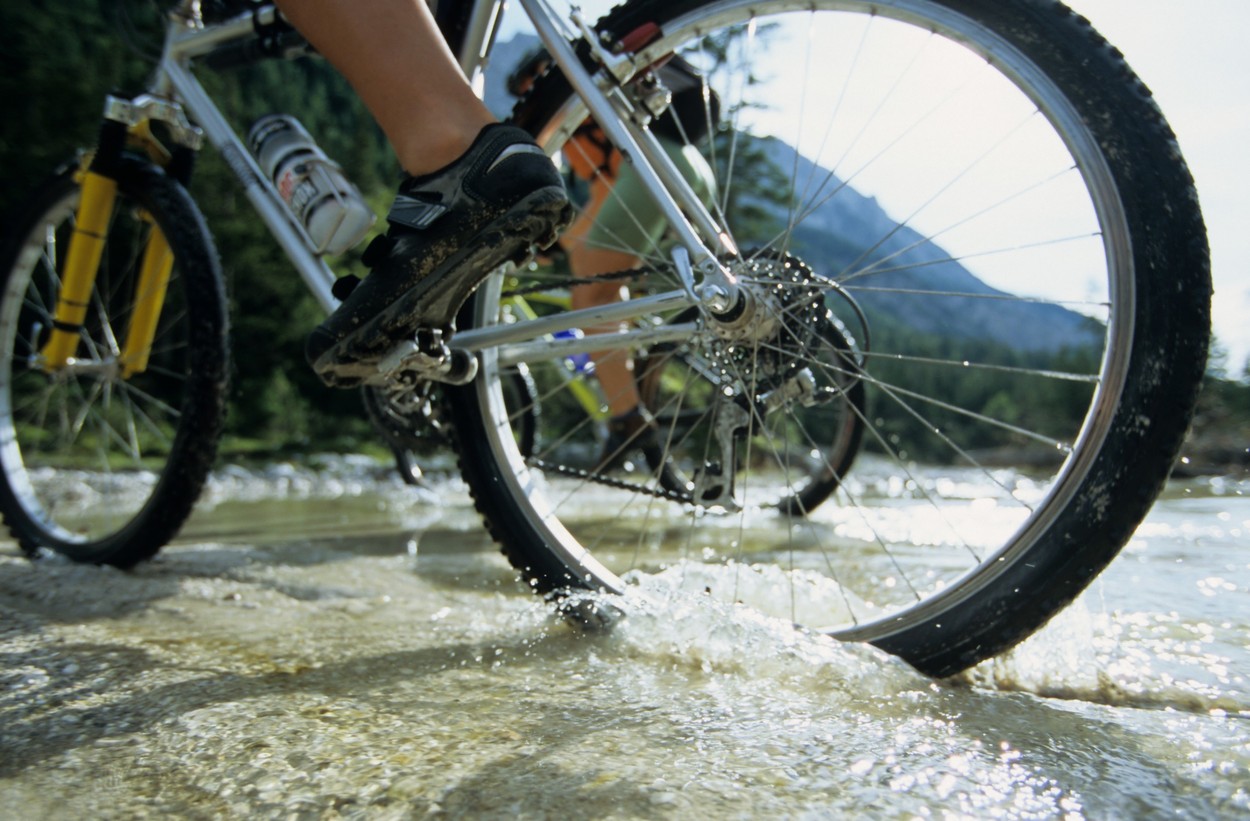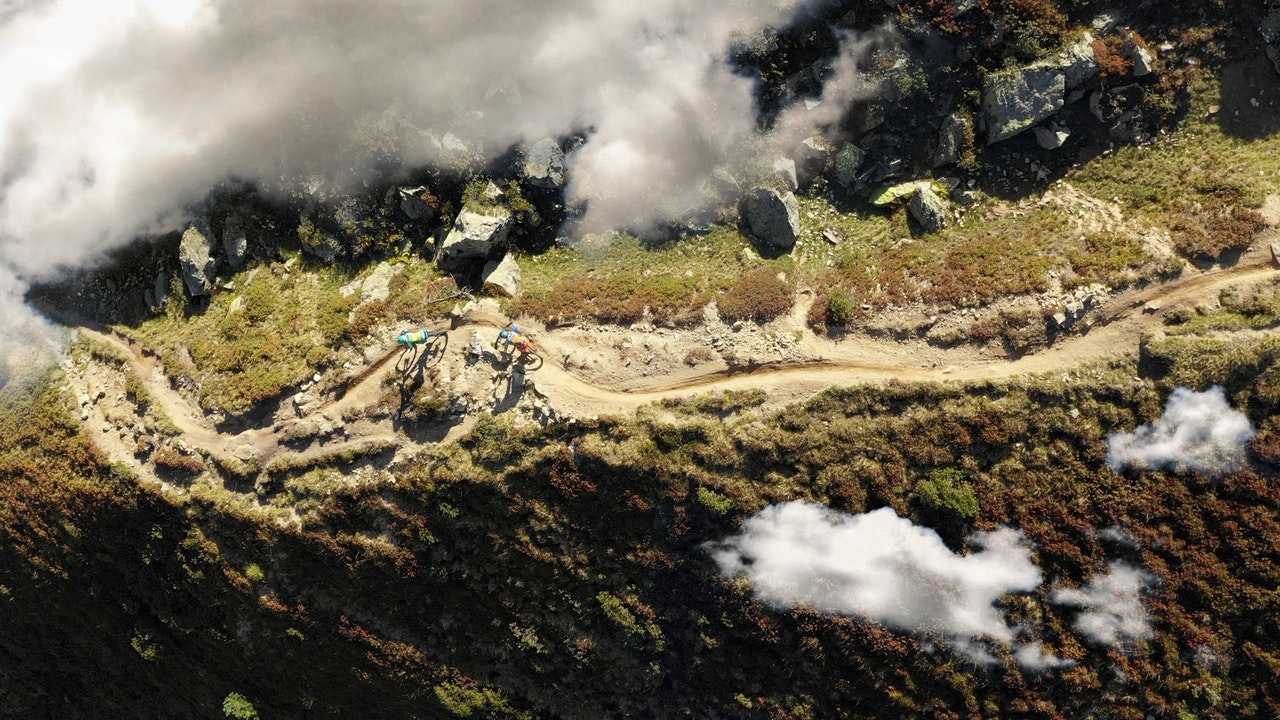In addition to celebrating the advantages of cycling, it is important that we also talk about the toll that cycling can take mentally and how to confront negative effects when they arise. Cyclists of all ages, levels, and disciplines encounter struggles during their development in the sport so this week, We Love Cycling spoke to several women about the connection between cycling and their mental well-being, and what they do to keep this relationship a healthy one.
I began to obsess over the data
Emma W. is a registered nurse, mother, and devoted cyclist. She has been riding regularly for over a decade and tributes cycling with helping her stay in shape and stabilize her mood.
In addition to all the good stuff, has cycling had any negative impact on your mental health?
Yes. There was a time when I began to obsess over the data. I was paying more attention to Strava and the Garmin than to my gorgeous surroundings. I would say that if you are the least bit competitive and a high achiever like myself, it is really easy to get sucked into obsessing over performance data and forget why you ride in the first place.
What did you do to address these concerns?
Now I have a bike team that rides for charity only. I’m not interested in cycling clubs, as my experience has not been good in that crowd. I’m also a member of People For Bikes, where I shared how cycling has helped my depression. I find that there is so much pressure to compete and I am truly saddened by the loss of Kelly Catlin. I think if we all find our true ‘why’, and do something we enjoy based upon that truth, it can help keep us grounded. Work/life balance is tough, but I know now that it is important to surround yourself with people who lift you up and aren’t afraid to call you out when you’re being too hard on yourself. When it comes to mental health, silence is deadly.
I place a lot of pressure on myself to be better and lack self-belief
Avril A. is a bookkeeper from Scotland and has cycled all her life. She’s a keen mountain biker and started road cycling just over 4 years ago. She has since joined a local club and upped her training, winning her club’s TT in 2018.
Have you faced any challenges since becoming more competitive?
I still place a lot of pressure on myself to be better and often find that I lack self-confidence. It is slowly improving, though. When I started, I would only cycle with my husband and kids, now I have a whole new group of friends who support me, and it has been great to be able to share my passion with a great bunch of like-minded people.
What advice do you have for other cyclists who are starting to feel some negative effects of the pressure?
Believe in yourself and your abilities, join a local club, and engage with people. In my experience, other cyclists are enthusiastic and enjoy welcoming other people and helping them along the way. Joining a club has been the best thing I have ever done, I felt nervous and intimidated, wondering if I’d be good enough or be able to keep up. Cycling in a group was extremely daunting, but now the benefits far outweigh any concerns. Most of all, enjoy it and remember that everyone has to start somewhere.
My ability to progress in training has plateaued
Sara Z. started indoor cycling classes over 20 years ago. At the time she was 237lbs. Two years later, she was 175lbs and was the one leading the class. She has now completed multiple events and cycling tours, she also leads an indoor cycling training class three days a week.
What has been the biggest mental challenge you’ve encountered in your cycling journey?
My body has aged and my ability to progress in training has plateaued. Whether it be from hormonal changes, accumulated injuries or stress, I don’t know. My perceived lack of ability effects my mood. The past few months have been particularly difficult as I fractured my hand in November and nerve pain limits my indoor training. Weight has crept on in places I didn’t have trouble with in years past, and what I see in the mirror doesn’t match what I was this time last year. Today, I’m not strong and I don’t like being told it’s going to take months to get back into form. It’s frustrating and depressing to see how far I’ve come from that fat woman at 30 to fit in my 40s, and now bordering on 50, I feel as low as I did during my first cycling class in 2000.
Overcoming an injury is definitely a big challenge. What else have you been doing to cope?
Each day, I tell myself to keep pedalling forward. Even the pros take months to recover. (It doesn’t always work, but getting on my trainer, even for a half hour, gives me the endorphins to push through most of the time.) I remember how I fell in love with cycling and how I’m inspired to share this.
What is it about your passion for cycling that you would like to share?
To that girl who just bought a bike, go out and ride it. Notice how your body moves and how powerful you feel when you put the hammer down. Feel the wind in your face and feel the freedom. Get out of breath, then hit it again. Seek your potential. Find out what you’re made of, then use that knowledge in every part of your life.
Overcoming mental obstacles
In cycling, it is often a simple matter of coming back to why you fell in love with it in the first place. As these women’s stories show, sharing with your community, engaging in positive self-talk and taking it one day at a time is often enough to help overcome negativity. That being said, sometimes stepping back and taking a break might be what you need. Listen to your mind and body and never be afraid to ask for help and support. One of the greatest things about cycling is being part of large, caring community. Let’s all be there for each other and help make cycling a positive experience for all who participate.








